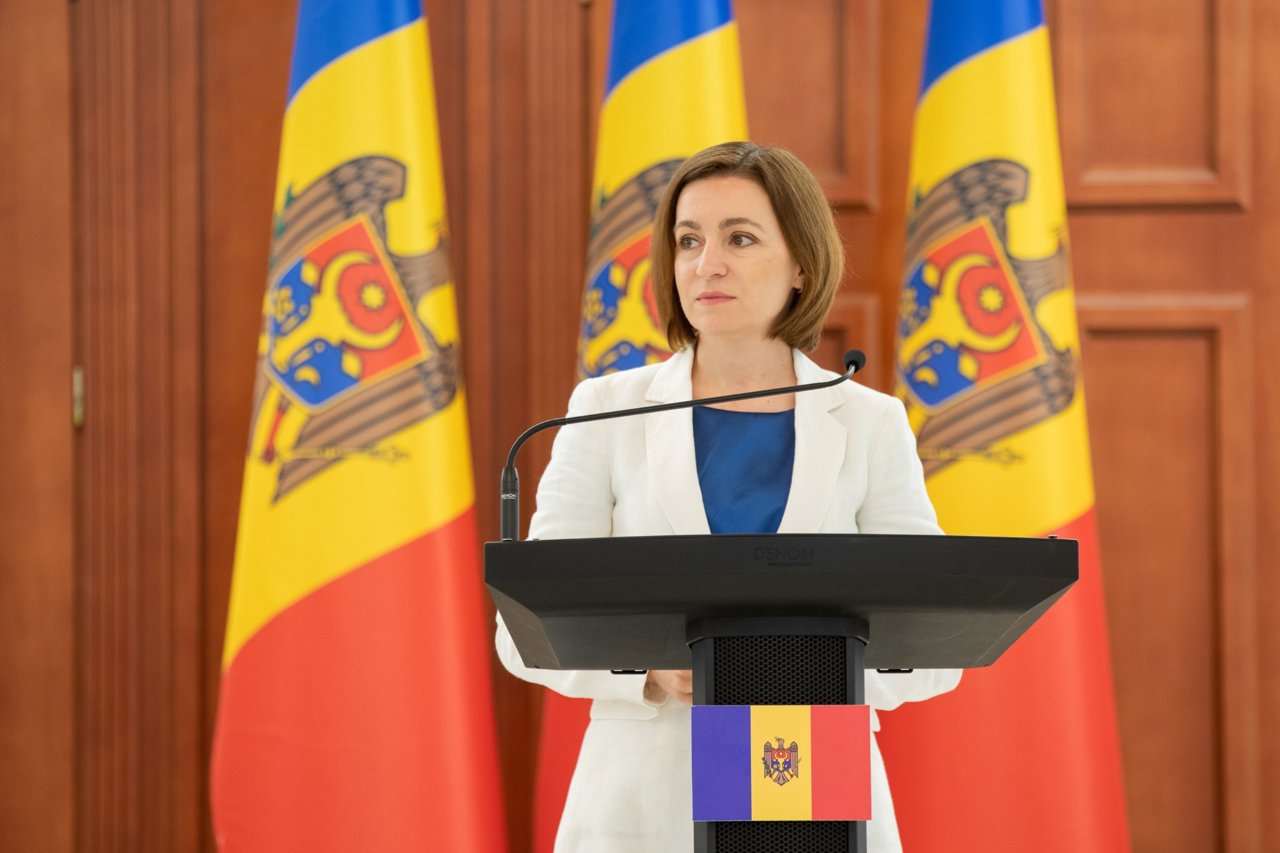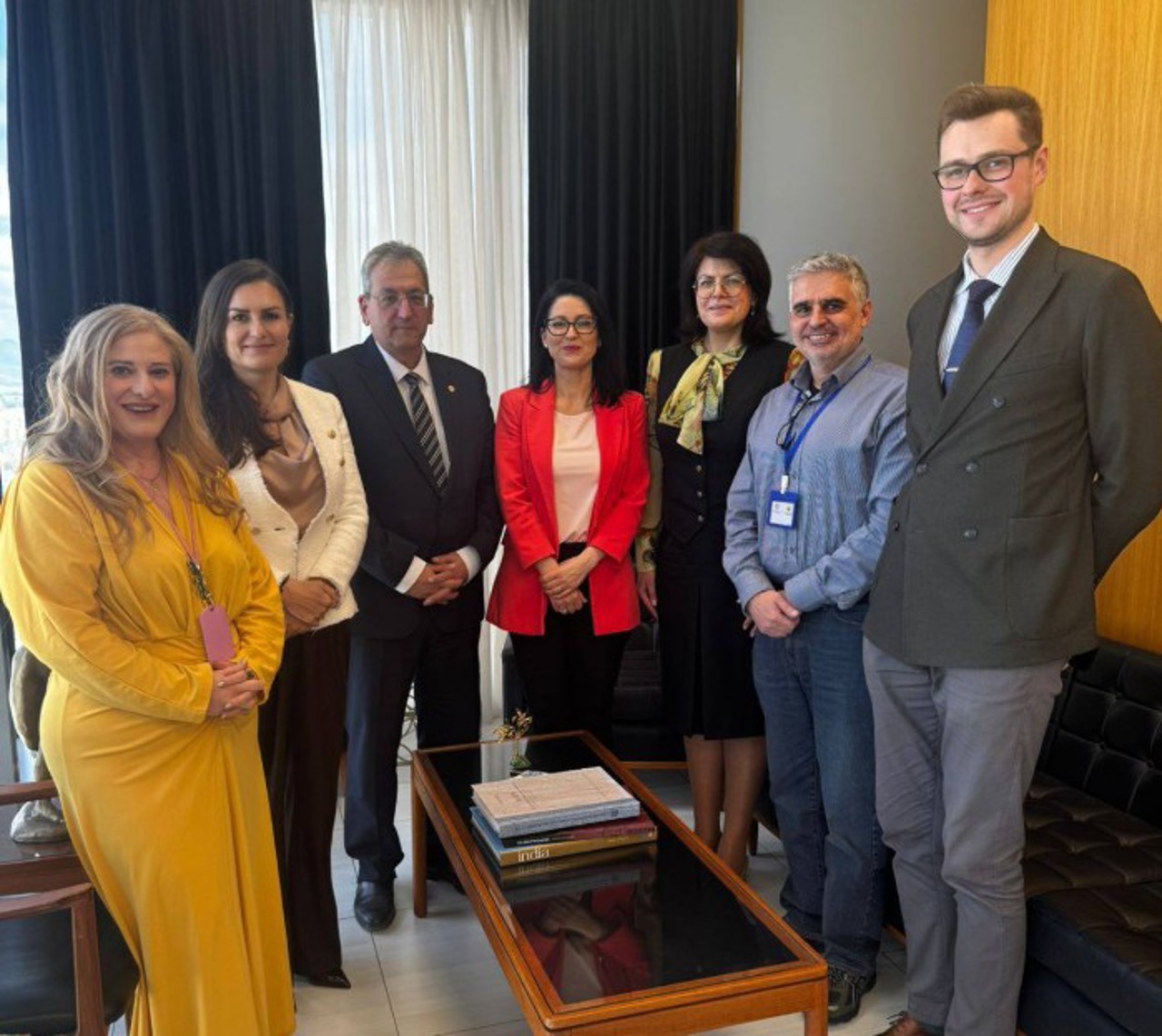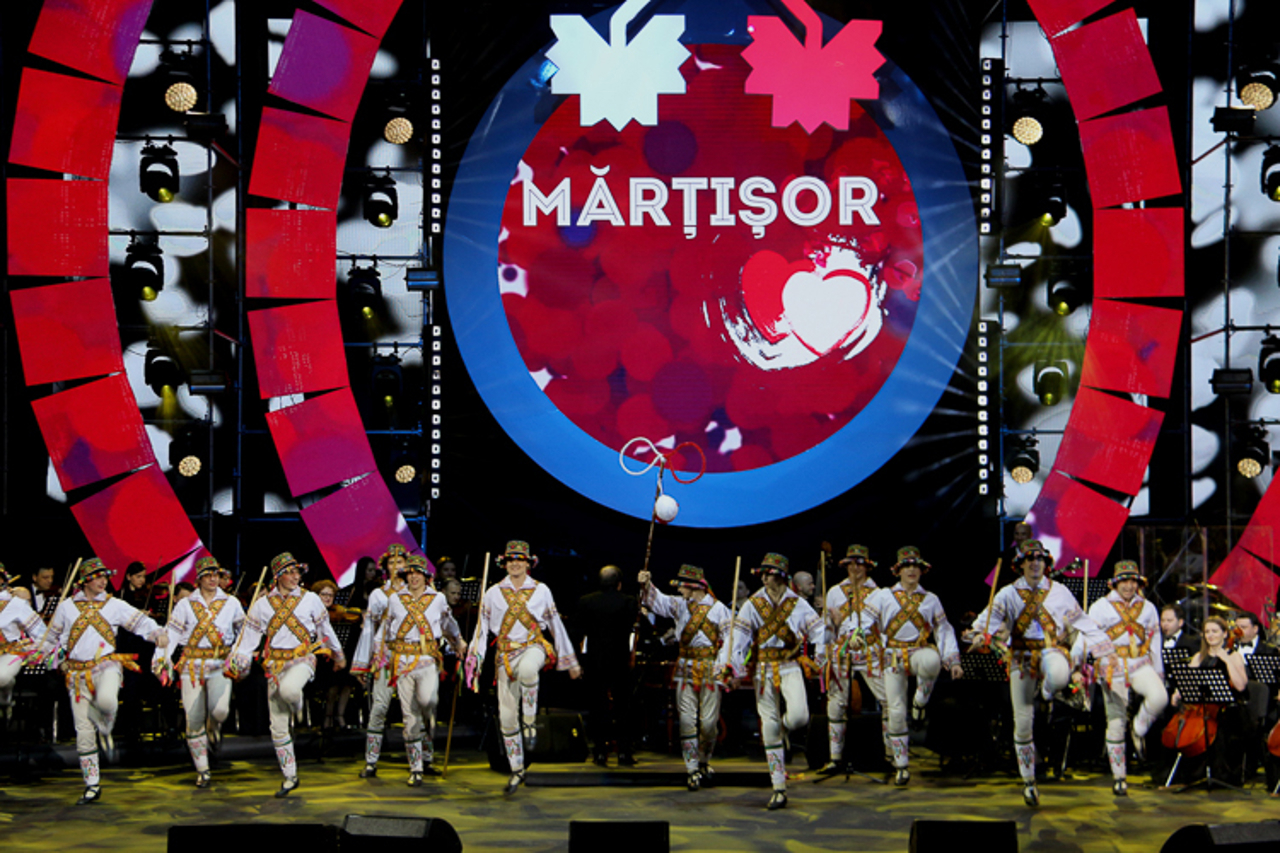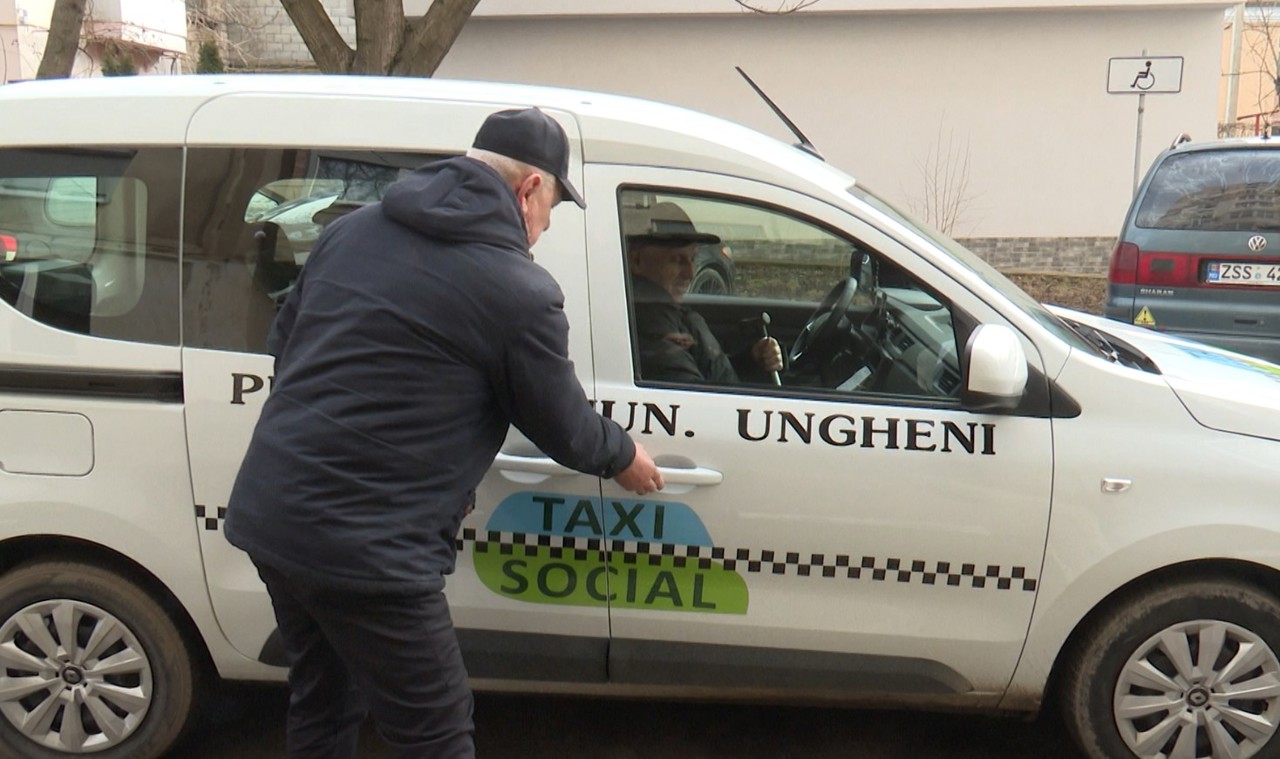President Maia Sandu claims that NATO increased support for the Republic of Moldova, after the invasion of Ukraine
The North Atlantic Treaty Organization (NATO) increased support for the Republic of Moldova, with the invasion of the Russian Federation in Ukraine. President Maia Sandu stated, in an interview for CNN, that the support offered by NATO comes to strengthen the ability of the Republic of Moldova to defend itself.

"We have collaborated with NATO before and now the support has become greater. We are receiving greater support from NATO member countries to strengthen our defence capability. Obviously, we cannot do miracles in a short time, but yes, we have made concrete requests for the defence sector, and even though we understand that Ukraine is a priority and must be a priority, we hope to receive support to increase our defence capabilities", said the head of state in an interview granted to journalist Christiane Amanpour.
During the interview, the head of state wanted to thank Ukraine and its people for the courage and determination with which they are fighting. "Today, Ukraine preserves its own freedom, but it also defends the freedom of Moldova," said President Maia Sandu. According to her, despite these things, the security risks to which the Republic of Moldova is subjected continue to hover over our country.
"Even if, thanks to Ukraine, there is no military threat these days, we are facing a hybrid war. There are attempts by Russia to destabilise the situation in Moldova. The fact that we have the Transnistrian region and Russian troops stationed there for decades of course increases the security risks for my country. (…) Propaganda is part of the hybrid war, the transformation of energy resources into weapons is part of the hybrid war, and the Russian Gazprom has cut gas supplies to Moldova by up to 60%, despite the contract we have, despite the fact that we pay in terms and with high prices. We saw that the corrupt groups in Moldova, together with the pro-Russian political forces supported by Russia, organised protests to destabilise the situation. But no matter how difficult it might be, we have to find solutions and we receive support from our development partners", says president Maia Sandu.
It should be noted that in the last three months, the "Sor" Party, led by the fugitive deputy Ilan Şor, under criminal investigation in the Republic of Moldova for money laundering, has been constantly organising anti-government protests in Chisinau. Meanwhile, other fugitive political leaders also joined them. According to the Chisinau authorities, destabilising the country and overthrowing the constitutional order through violence is the "last hope" of the "big thieves" to remain free.
Moldova 1 recalls that the Russian Federation invaded Ukraine on February 24, in what it later called "8a special mission of demilitarisation and denazification*", thus causing a war on the border with the Republic of Moldova. The war started by Russia was harshly criticised by the international community, including the Republic of Moldova.






